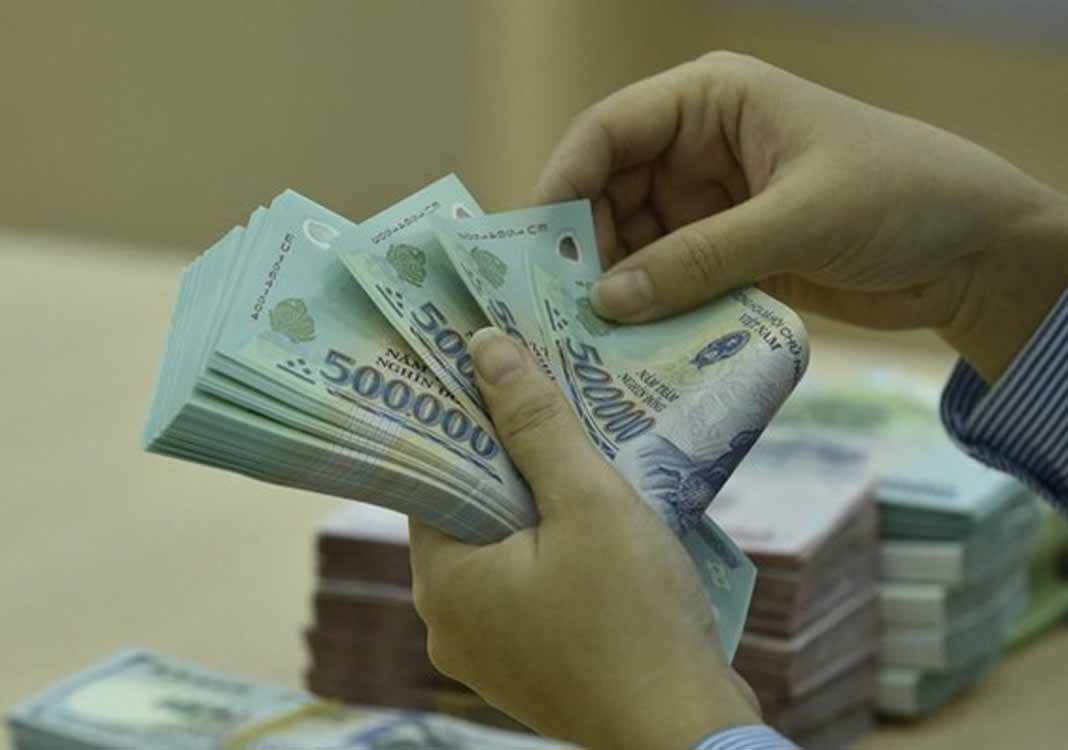HCMC – The Government of Vietnam has announced its plan to borrow over VND676 trillion (or nearly US$27.5 billion) next year, with 55.2% of it to fund its budget deficit.
Speaking on behalf of the prime minister at the ongoing National Assembly sitting in Hanoi, Minister of Finance Ho Duc Phoc said public debt would have amounted to VND4 quadrillion by the end of this year, representing 39-40% of gross domestic product (GDP), 2.7 to 3.7 percentage points lower than in 2021.
Within three years, from 2021 to 2023, the Government has borrowed about VND1.32 quadrillion, accounting for almost 43% of the plan, with the central state budget making up VND1.28 quadrillion. The funds raised come mostly from domestic sources.
The country’s foreign debt stands at VND3.8 quadrillion this year, making up 37-38% of GDP. Of this amount, businesses and credit organizations account for 70.7% while Government debt and that guaranteed by the Government make up 29.3%, down from 38.6% in 2021.
Despite global economic uncertainties, including the Russia-Ukraine conflict and inflationary pressure, the country has managed to maintain macroeconomic stability and put inflation under control.
“Vietnam has continued its socio-political stability, but due to its increasing openness, the economy has experienced a lot of challenges this year,” Finance Minister Phoc said while presenting a mid-term report on the national financial plan and public debt repayment for the 2021-2025 period.
The global outlook for 2024 suggests further complexities. However, Vietnam remains optimistic about its economic prospects, aiming to boost growth through increased public investment, consumption, tourism, and capitalizing on shifts in foreign investment. Nevertheless, the country acknowledges the inherent risks in today’s interconnected global economy.









